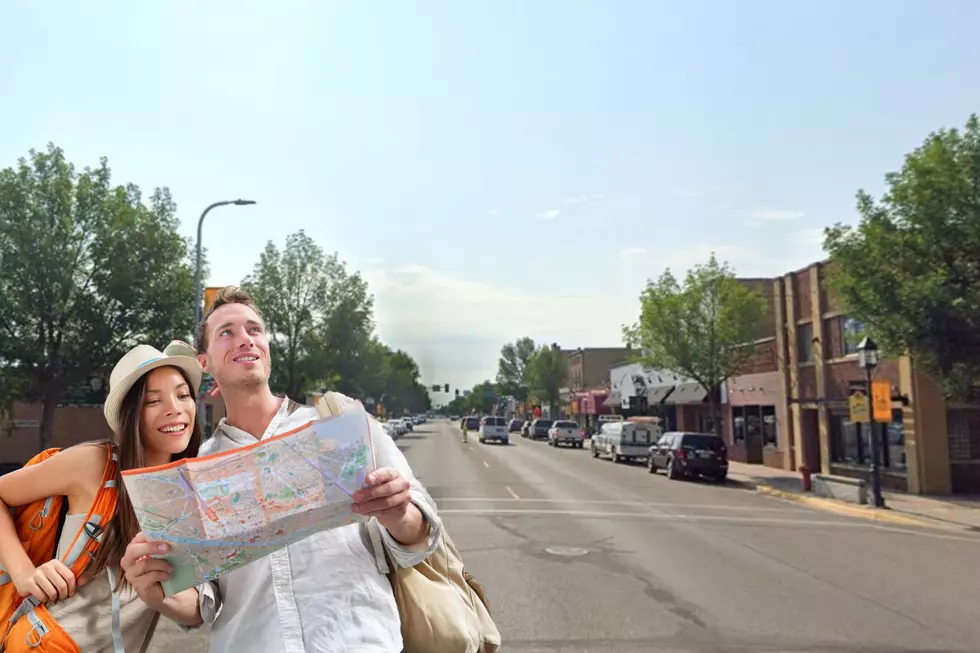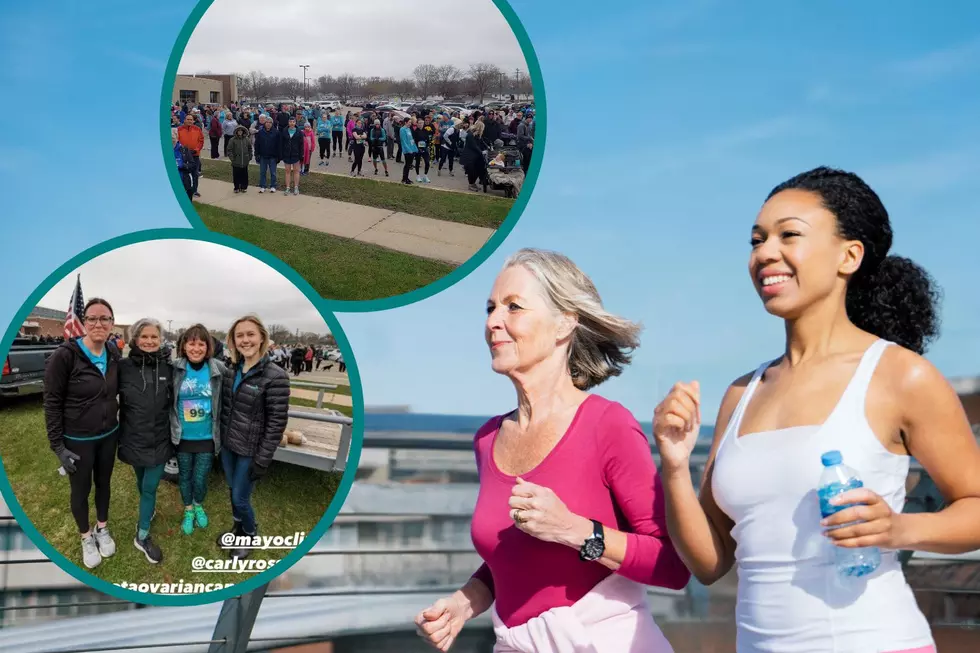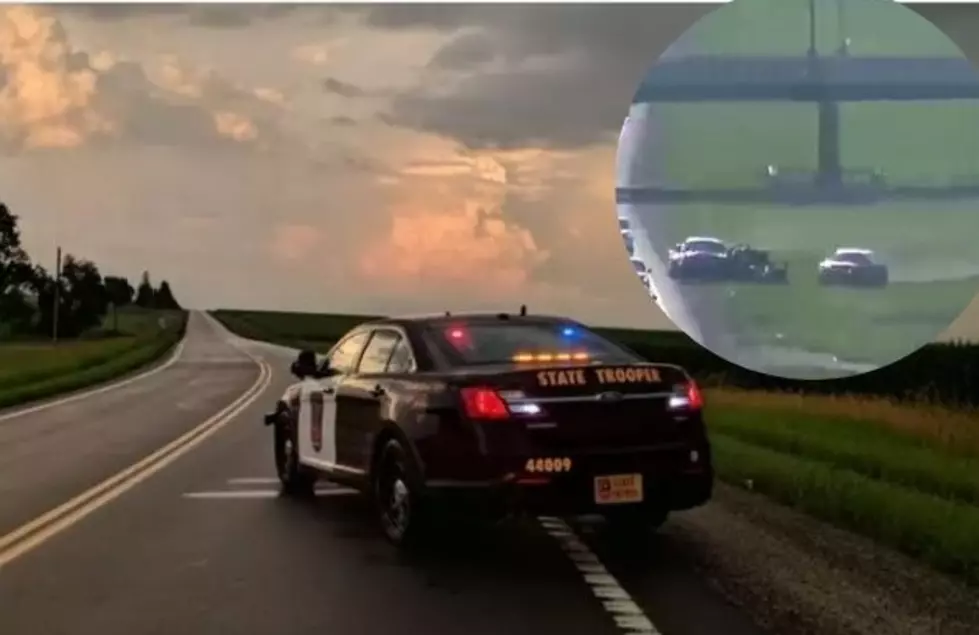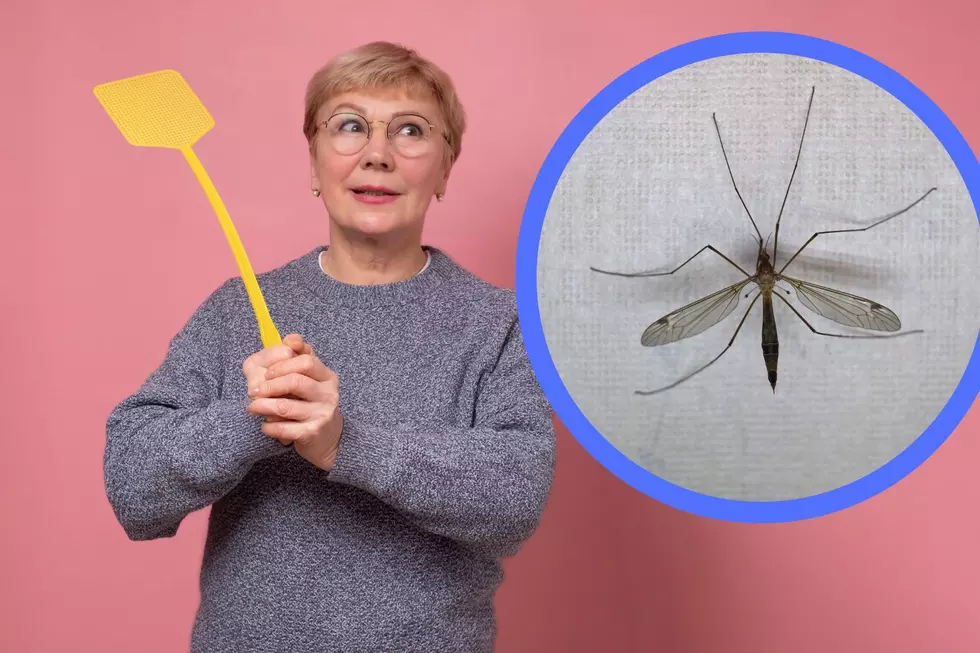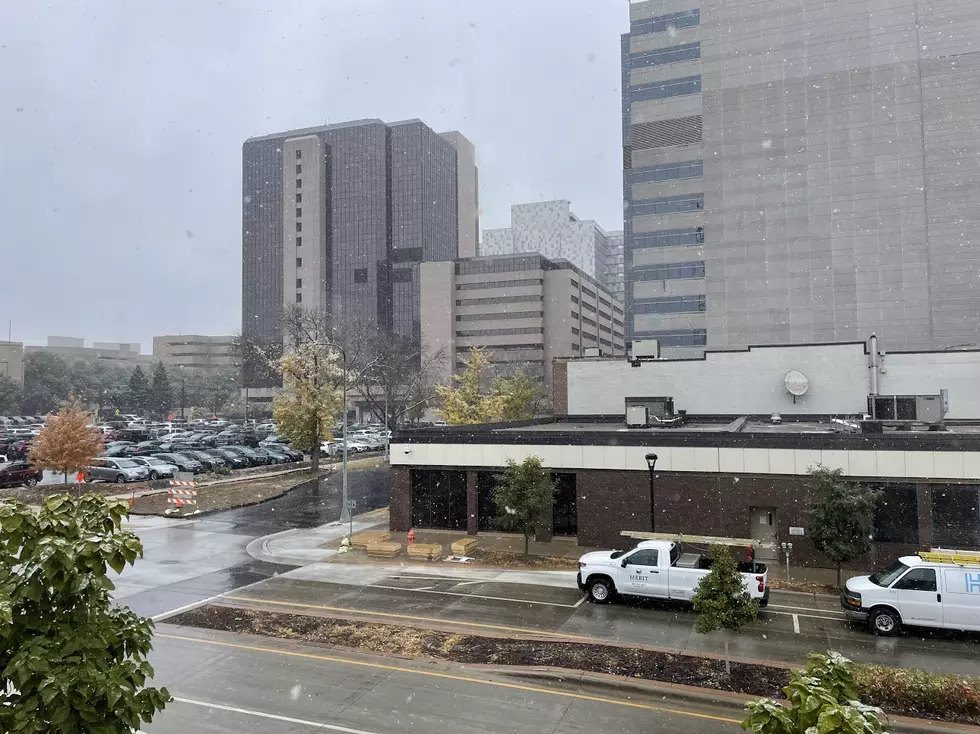
Rochester TV Anchor Does WHAT with Placentas?
When Brianna Long, morning anchor for KAAL-TV, isn't on TV, chances are she might be racing out of the hospital with someone's placenta in a Ziploc baggie. In some ways that sounds like she is crazy, but she is actually doing it because she was asked to!
Brianna is a placenta encapsulation specialist (one who retrieves and prepares a mother's placenta to be placed in capsules for the mother to take postpartum.) The mother of two, who has been at KAAL for about six and a half years learned about placenta encapsulation through her own reporting on the subject. "I had done a story on it for work," she said. "I'd heard that it was becoming a popular thing and didn't know much about it. After the story aired, it was still so interesting to me that I kept doing research on it and found at the time there weren't many who offered the service. I thought, 'Hey, I could do that!'"
Long followed instructions from a woman she interviewed for her story and took related training offered by the American Red Cross. She had a few friends who were pregnant, so she started practicing with their placentas after they gave birth, then after that worked well, decided to offer it as a service.
The process isn't as gross as I imagined. "That's always the first reaction," Long said. "People say, 'You do what?' It's really not that bad. I follow the traditional Chinese method. I go to the hospital and pick up the placenta from the mom as soon as possible after she gives birth, I take it home, and it gets washed and steamed. That process is what will help kill the bad bacteria. "Then you sort of slice it up and dehydrate it for about 8-10 hours. This part may seem kind of gross, but after you dehydrate it, it kind of looks like beef jerky." Then she grinds the placenta into a powder and has a little machine that she uses to put it in capsules.
There isn't a strict regimen for taking the pills, but Long said most moms take one or two pills twice a day for the first week or so, when hormones are the craziest, then after that one or two pills a day. Long says she's never had anyone say it didn't work for them. For the most part, everyone has said it's been amazing and helped them. The science of placenta capsules, she said, is "interesting and makes sense to me. You have all these amazing nutrients and things in your body that are helping to make a baby grow, and then you get all of that out of you at once. I can see why you go a little loopy, so if you put it back in … I can see how that theory works, and so far it seems to be working for everybody, which is awesome."
More From 106.9 KROC-FM

